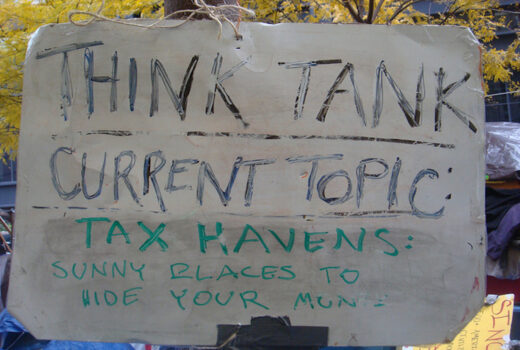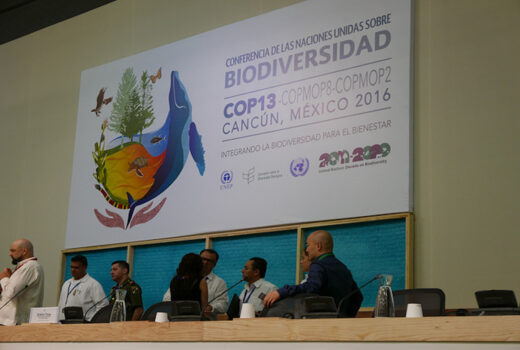A full list of STWR’s publications as well as related news, articles and blogs can be found below.
Annual Report for 2017: Share The World’s Resources
Report / 2nd January 2017STWR consolidated its activities throughout 2016, with a renewed focus on our core messages and priorities as an organisation. Following the publication and marketing of our flagship publication, ‘Heralding Article 25’, we continued to promote its case for unprecedented global demonstrations towards ending hunger and life-threatening poverty.
The case for sharing and hope in 2017
Article / 22nd December 2016As the world situation continues to deteriorate, there is every hope that 2017 will see a critical new actor emerge on the international stage: a colossal movement of massed goodwill that demands an emergency response from governments to life-threatening poverty and hunger.
New report on unrecorded capital flight finds developing countries are net-creditors to the rest of the world
Report / 20th December 2016Global Financial Integrity (GFI), the Centre for Applied Research at the Norwegian School of Economics and a team of global experts have released a study showing that since 1980 developing countries lost US$16.3 trillion dollars through broad leakages in the balance of payments, trade misinvoicing, and recorded financial transfers.
COP fails to rise to the challenge of protecting biodiversity
Blog / 20th December 2016The latest talks of the Convention on Biological Diversity in Cancun, Mexico, failed to address the systemic factors that threaten biodiversity, or the real solutions – such as community forest governance, agroecology and the strengthening of collective rights. A report on CBD COP13 from Friends of the Earth International.
Are we stuck with inequality?
Article / 20th December 2016Can we get back to the equalizing, ‘share-the-wealth’ policies of the post-war era? Of course we can — the obstacles are political, not economic, writes Robert Kuttner.




